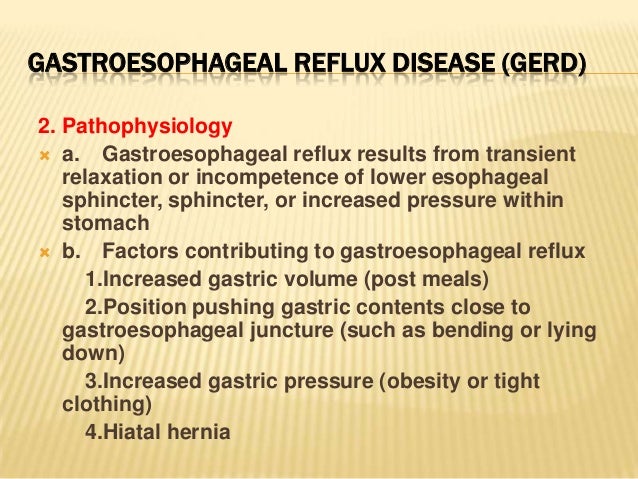Gastroesophageal reflux disease (gerd), the chronic occurrence of acid reflux, has a proven connection to obesity in both sexes, though there is a stronger association between obesity and gerd in women 1,2 the american society for gastrointestinal endoscopy sites obesity as the leading cause of frequent acid reflux and heartburn 3 any increase in weight increases the risk of gerd, including. Acid reflux in obesity. Acid reflux can be caused by diet, obesity, stomach abnormalities, and more find out more about what causes acid reflux and acid reflux risk factors.
acid reflux in obesity
The increased risk of gerd is thought to be due to excess belly fat causing pressure on the stomach, the development of a hiatal hernia that causes the backflow of acid or hormonal changes like an increase in estrogen exposure that can occur in individuals who are affected by obesity. Treating the gerd alone ignores the chance to address the other very serious complications associated with obesity. learn more: are long-term ppis the right choice to treat acid reflux? bariatric surgery. in most obese and morbidly obese patients, the decision often comes down to whether they are willing to undergo bariatric surgery.. However, the modest correlation between esophageal acid exposure, as measured by 24-hour ph metry, and the presence of gerd symptoms 36 [klauser 1990/p 206/col 1/¶ 3] may help clarify the apparently limited role of gerd symptoms in explaining the association between obesity and be or esophageal adenocarcinoma found in epidemiological studies. 35.


0 comments:
Post a Comment